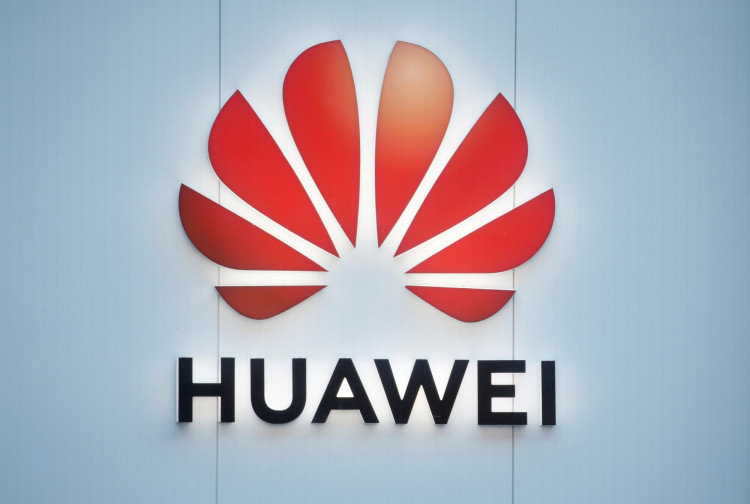Corporate boardrooms in the US are now abuzz with discussions about the potential impact of a highly controversial law that will be taking effect in August. The law, which is part of the country's National Defense Authorization Act, will essentially be barring all companies that do business with the government from using technologies and equipment provided by blacklisted Chinese firms.
The so-called Anti-Huawei provision, which was tucked away into the defense spending bill more than two years ago, could potentially affect businesses in a wide variety of industries. The provision broadly includes all US companies that serve or provide products to the government in one form or another. This will include global subsidiaries and affiliated service providers down a company's supply chain.
Experts estimate that more than 100,000 companies, excluding subcontractors, could be affected by the law, which will take effect on August 13. All affected companies would have to ensure that their businesses, including those that do not directly cater to the government, will be free of any connections to blacklisted Chinese firms. This includes the use of products and services from companies such as Huawei, ZTE Corp, and Hangzhou Hikvision Digital Technology.
Legal experts point out that the statutory provision could place a lot of companies in a tight spot come August. A lot of companies, particularly those who had made recent acquisitions, might not realize that they are now involved in the US procurement chain. At face value, the law will essentially rob US firms of access to foreign cloud networks, shipping, internet, and other vital services simply because those companies use routers, switches, and other equipment provided by blacklisted Chinese companies.
Major trade groups, which members include US giants such as Apple, 3M, Ford, and Amazon, have pushed for the government to amend the wide-ranging provision. The groups have also called for a possible delay in its implementation to at least provide ample time for it to be properly worded and enough time for companies to comb through their supply chains to comply with the provision.
A letter written by trade groups, including the Aerospace Industries Association and the US Chamber of Commerce, to members of Congress stated that if the provision is implemented as written, US companies with international and domestic operations could be forced to halt their transactions with government agencies. This will likely include transactions that involve the supply of vital equipment such as those needed to fight the coronavirus pandemic.





